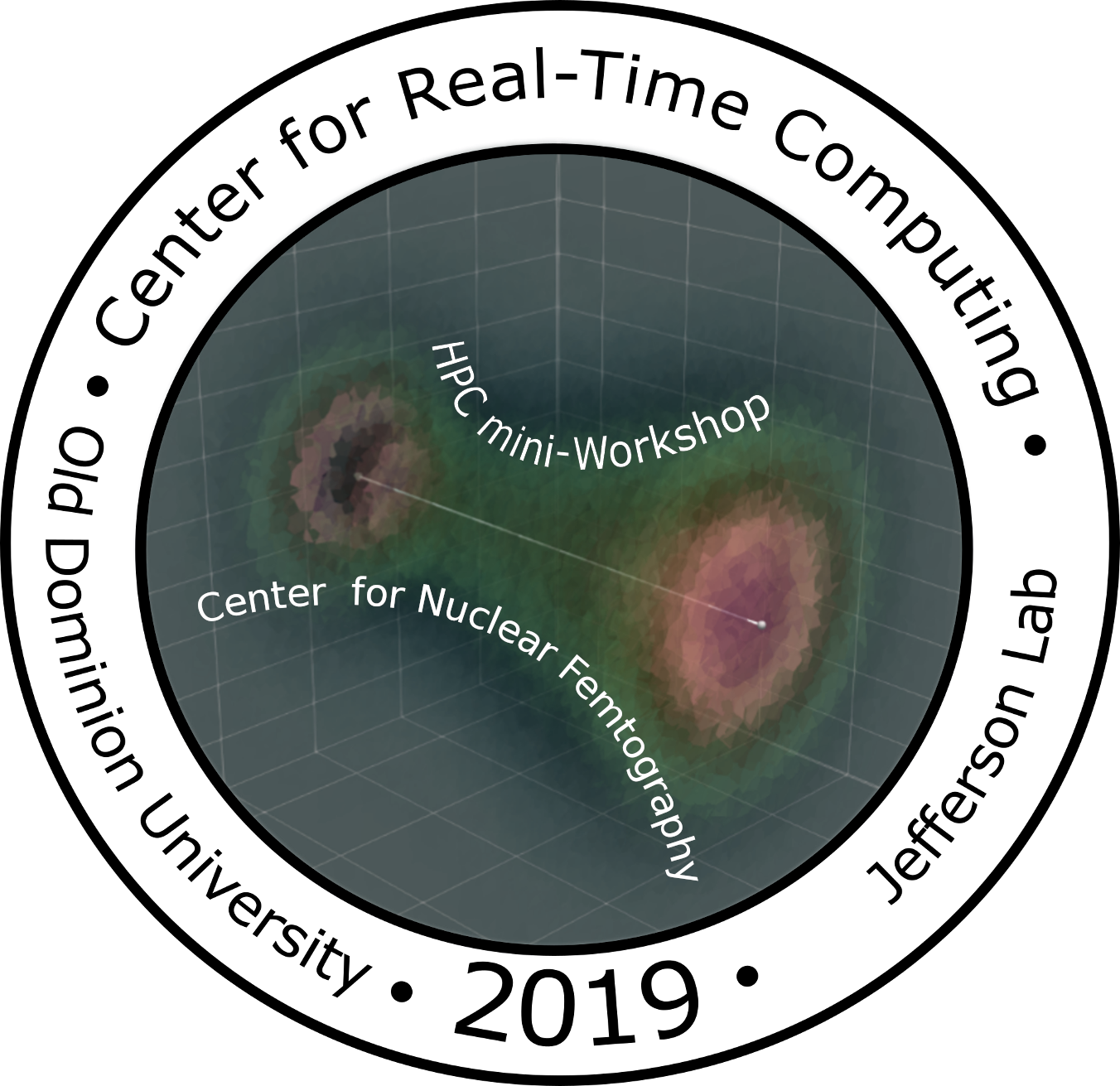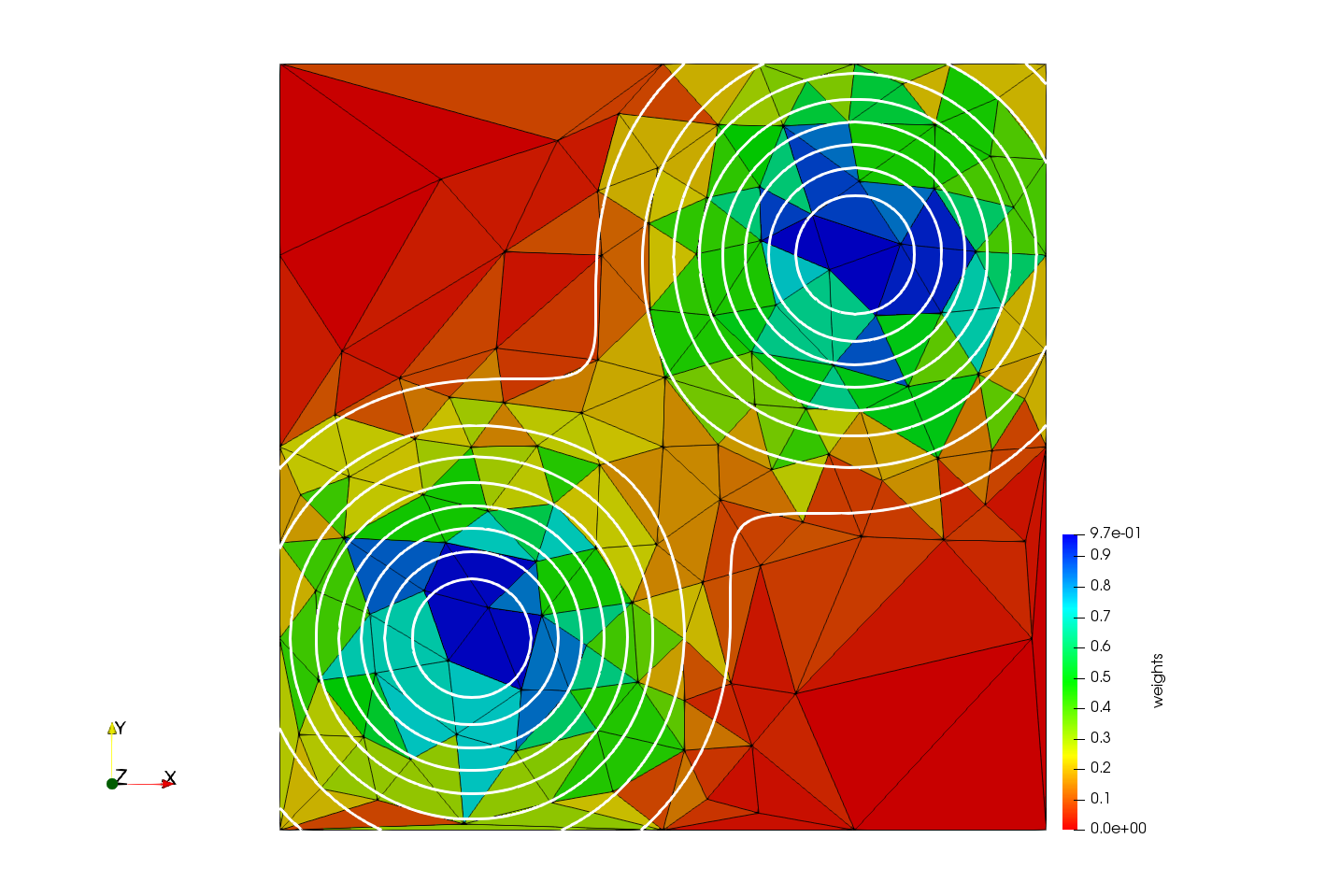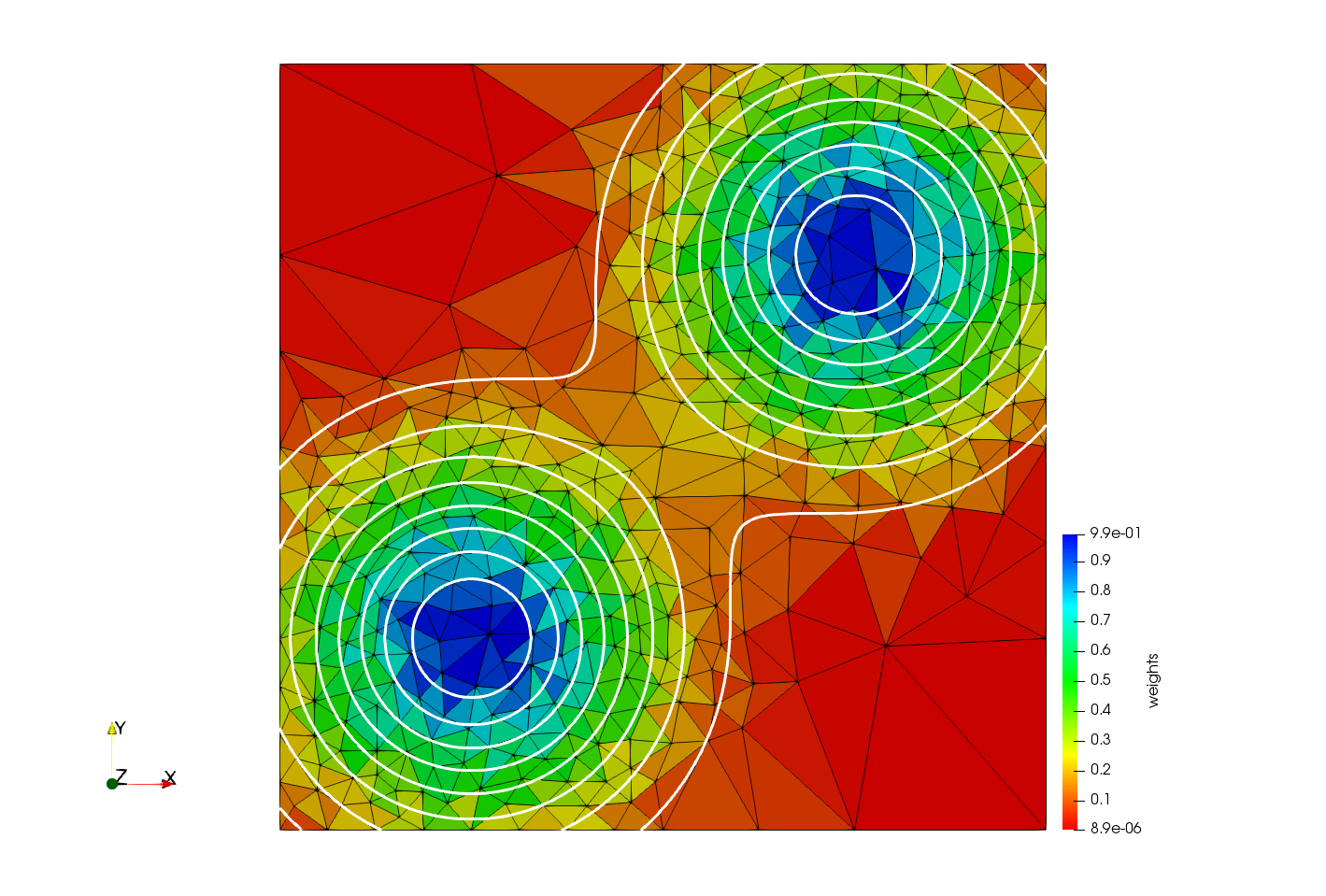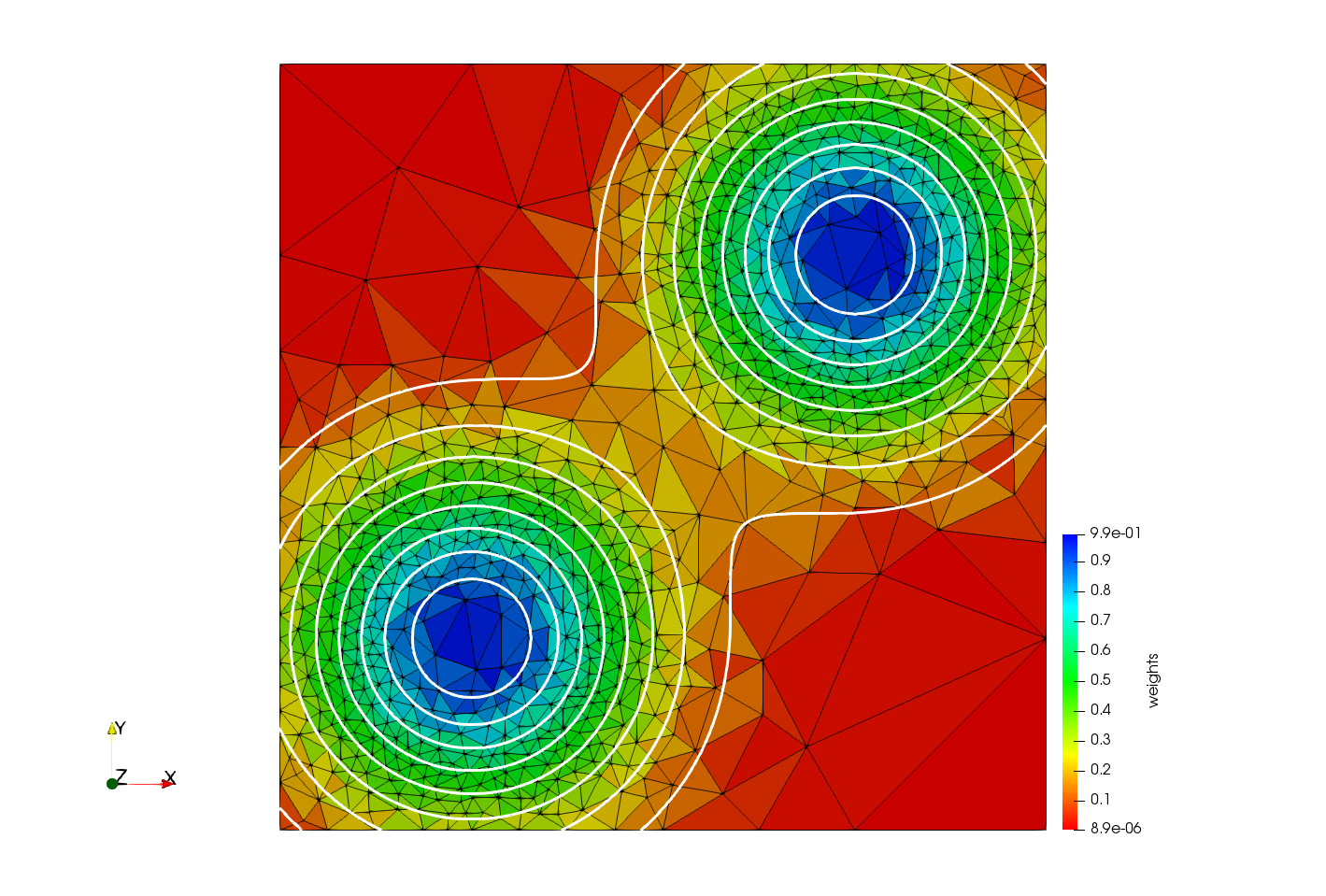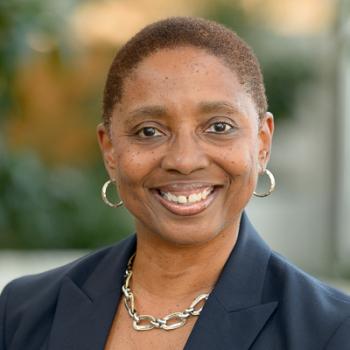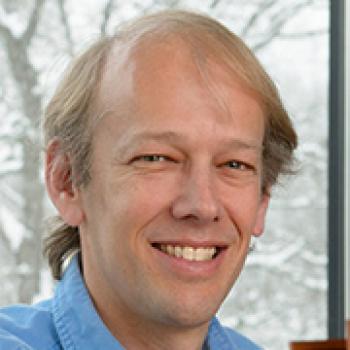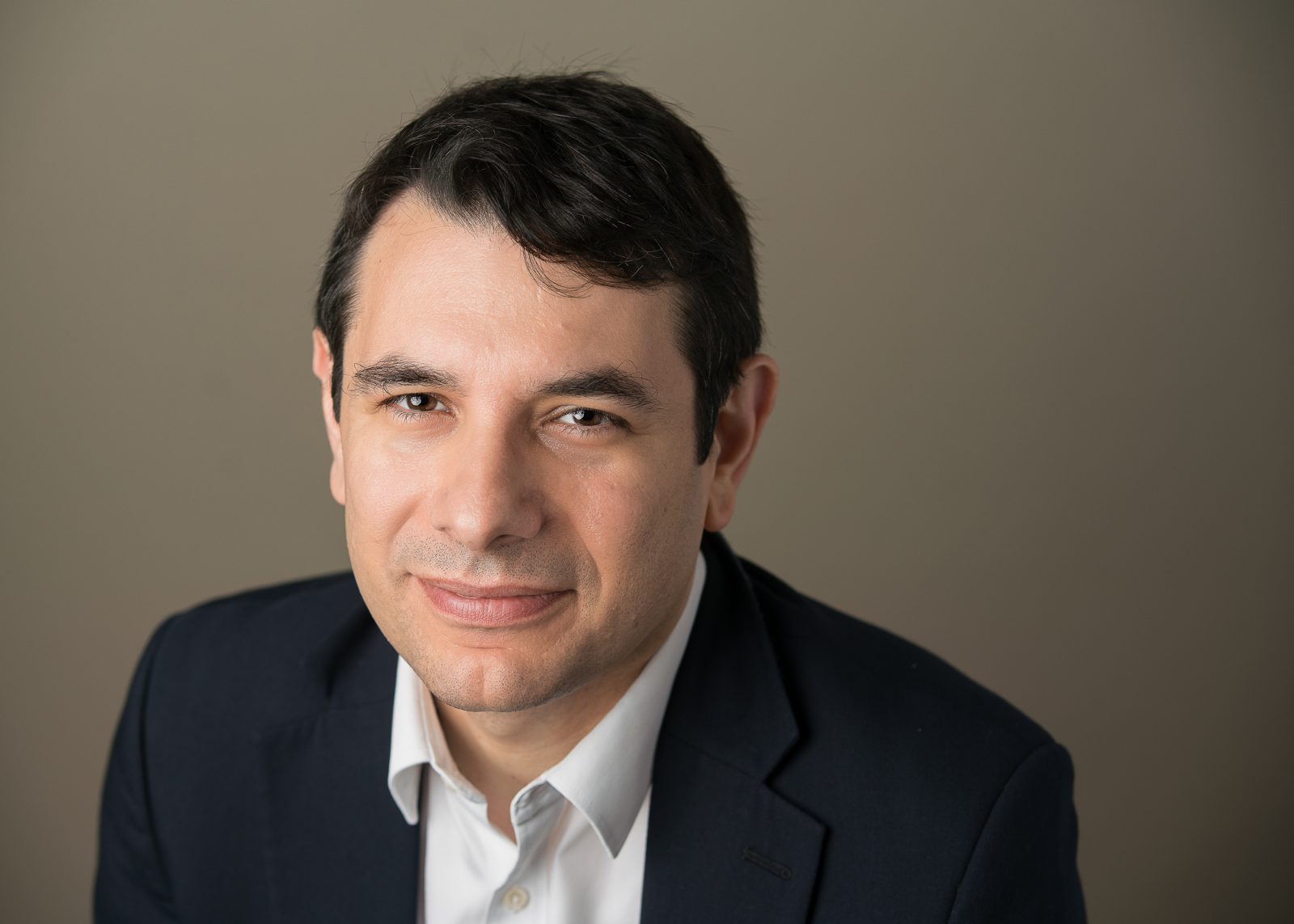CNF HPC Workshop
Contents
Overview
- Thursday, October 10th:
The CNF HPC Workshop expected to be highly interactive as participants will transfer know-how from the high performance computing community to basic physics in this case nuclear femtography.
Schedule (Draft)
- 9:00AM: Welcome and Introduction (Nikos)
- 9:15AM: TBD on: JLAB's CNF and HPC Activities
- 9:45AM: TBD on: NASA's HPC and related activities Eg. CFD Vision 2030 and CM Vision 2040
- 10:15AM: Valerie (TBD: eg. power aware for next generation HPC computing)
- 11:00AM: Pete (TBD: eg. Edge- and Exascale- computing)
- 11:45AM: break 15 min. (prep for lunch)
- 12:00PM: Dimitris (VATech activities in Edge-Computing)
- 12:45PM: CRTC HPC activities in CNF, CFD 2030 and RTS by leveraging DoE's ANL Argo OS for exascale computing.
- 1:15PM: Next Generation Imaging for CNF (Christian/Gagik)
- 1:45PM Closing Remarks (Nikos)
- 2:00PM ANL Visitors depart for Airport.
Registration
Presenters
External Visitors from ANL
Valerie Taylor
Valerie Taylor is the director of the Mathematics and Computer Science Division at Argonne National Laboratory. She received her Ph.D. in electrical engineering and computer science from the University of California, Berkeley, in 1991. She then joined the faculty in the Electrical Engineering and Computer Science Department at Northwestern University, where she was a member of the faculty for 11 years. In 2003, Valerie Taylor joined Texas A&M, where she served as head of the computer science and engineering department and senior associate dean of academic affairs in the College of Engineering and a Regents Professor and the Royce E. Wisenbaker Professor in the Department of Computer Science. Some of her research interests are high-performance computing, performance analysis and modeling, and power analysis. Currently, she is focused on the areas of performance analysis, power analysis and resiliency. Valerie Taylor is also a fellow of Institute of Electrical and Electronics Engineer (IEEE) and Association for Computing Machinery (ACM).
Pete Beckman
Pete Beckman is the co-director of the Northwestern-Argonne Institute for Science and Engineering. Dr. Beckman has a Ph.D. in computer science from Indiana University (1993) and a BA in Computer Science, Physics, and Math from Anderson University (1985). He is a recognized global expert in high-end computing systems and has designed and built software and architectures for large-scale parallel and distributed computing systems during the past 25 years. Beckman helped found Indiana University’s Extreme Computing Laboratory. He also founded the Linux cluster team at the Advanced Computing Laboratory, Los Alamos National Laboratory and a Turbolinux-sponsored research laboratory that developed the world’s first dynamic provisioning system for cloud computing and HPC clusters. Furthermore, Pete Beckman became vice president of Turbolinux's worldwide engineering efforts, managing development offices in the US, Japan, China, Korea, and Slovenia. He joined Argonne National Laboratory in 2002. As director of engineering and chief architect for the TeraGrid, he designed and deployed the world’s most powerful Grid computing system for linking production high performance computing centers for the National Science Foundation. He served as director of the Argonne Leadership Computing Facility from 2008 to 2010. He is currently a Senior Computer Scientist and Co-Director of the Northwestern Argonne Institute of Science and Engineering. Pete is also a co-founder of the International Exascale Software Project (IESP).
VA (ODU/JLAB/VaTech)
Dimitrios Nikolopoulos
Dimitrios Nikolopoulos is a Professor of Engineering and he was recently named the John W. Hancock Professor of Engineering by the Virginia Tech Board of Visitors. He received his bachelor’s degree, master’s degree, and Ph.D. from the University of Patras. He spent the past 10 years in Europe, most recently as a professor of high performance and distributed computing and director of the Institute on Electronics, Communications, and Information Technology at Queen's University Belfast. He brings to Virginia Tech a world-class record of scholarship, teaching, service, and outreach. Through fundamental scholarship on computer systems, Nikolopoulos has made contributions to the global computing systems research community. He has published 55 peer-reviewed journal articles and 122 peer-reviewed papers in highly regarded archival conference proceedings. Nikolopoulos has advised or co-advised 22 Ph.D. students through completion and continues to advise six Ph.D. students. He has also advised 16 postdoctoral research fellows. He is a Distinguished Member of the Association for Computing Machinery (ACM) and is a recipient of a Royal Society Wolfson Research Merit Award, a National Science Foundation CAREER Award, a Department of Energy CAREER Award, and an IBM Faculty Award.
